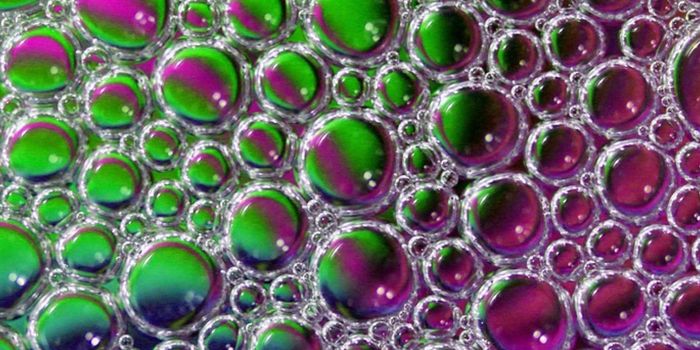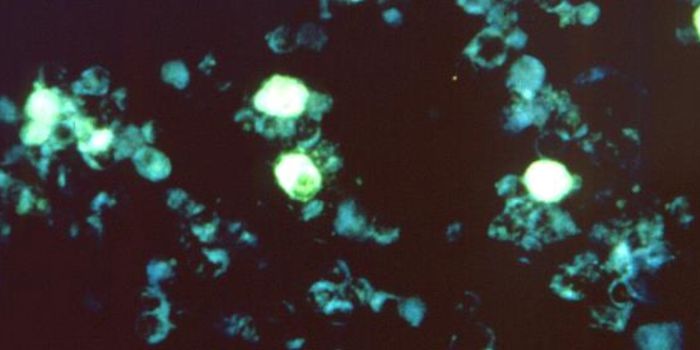Revealing how Bowel Diseases Disrupt the Microbiome
Inflammatory bowel disease (IBD) is an umbrella term for the inflammatory disorders Crohn's disease and ulcerative colitis. They cause persistent abdominal pain, diarrhea, and fever, and they can seriously disrupt a patient's quality of life. Medications are available, but they are only helpful for a small group of patients, and they typically aim to dial down inflammation. This strategy means tamping down immune system activity, which can lead to other problems.
In a new study reported in Nature Communications, scientists have aimed to learn more about how the community of microbes in the gastrointestinal tract, the gut microbiome is altered in IBD. The work was aiming to reveal more about the mechanisms underlying the disease that are not immune related, noted first study author Professor Christoph Kaleta from the Institute of Experimental Medicine (IEM) at Kiel University, among other appointments.
The scientists assessed blood and stool samples donated by IBD patient volunteers, which were obtained before and after the patients began a treatment. The study authors used a variety of tools, like transcriptomics to reveal the active genes, and other approaches to characterize metabolic functions in these patients. This effort revealed that metabolism in the intestine and the gut microbiome is significantly reduced in IBD patients. These processes are also closely linked.
"We were able to show that IBD leads to a breakdown in metabolic interactions between the host and the microbiome," said Kaleta. "This disrupted communication contributes to the failure of vital protective mechanisms and further exacerbates inflammation."
In IBD patient blood samples, metabolism byproducts like tryptophan and choline were much lower compared to unaffected individuals. These molecules are also crucial to energy production in cells. This likely lowers the available sources of energy for intestinal cells.
The metabolism of fiber and amino acids was also altered in the gut microbiomes of IBD patients.
Ultimately, the gut microbiome is generating fewer crucial nutrients in IBD patients, leading to imbalances in metabolism, as well as in the immune system, noted first study author Dr. Jan Taubenheim, also of the IEM. This situation makes treating IBD "particularly complex."
The researchers also created a computer model to simulate the impact of certain dietary changes, like reducing specific amino acids, for example.
"Our simulations suggest that a targeted change in diet could alter the microbiome and thereby slow down inflammation-promoting metabolic processes," noted study co-author Dr. Samer Kadib Alban. "However, our results also show that there is no one-size-fits-all diet that effectively reduces inflammation. Nutrition needs to be tailored to each patient's metabolic profile."
Now, more work will be needed to confirm these findings and determine whether they can be applied to IBD patients, but it is a promising step toward improving the lives of IBD patients.
Sources: IDW (Informationsdienst Wissenschaft), Nature Communications









